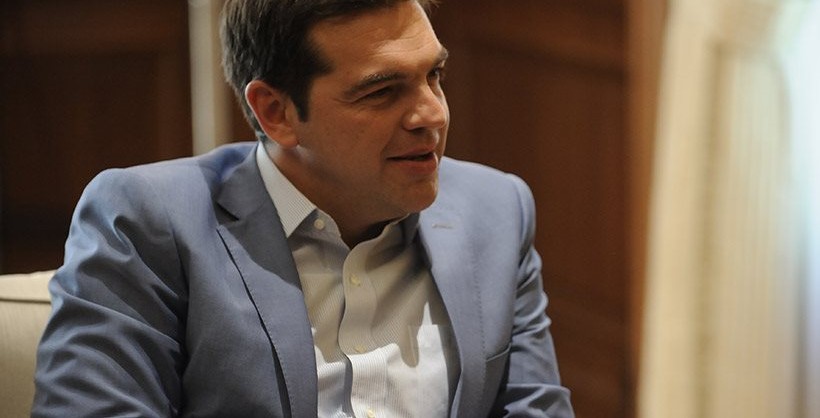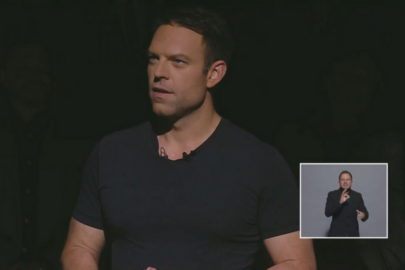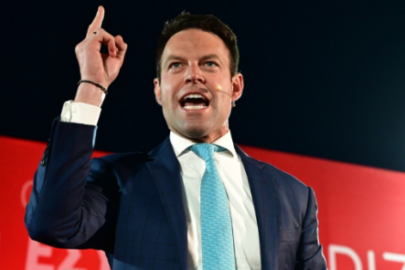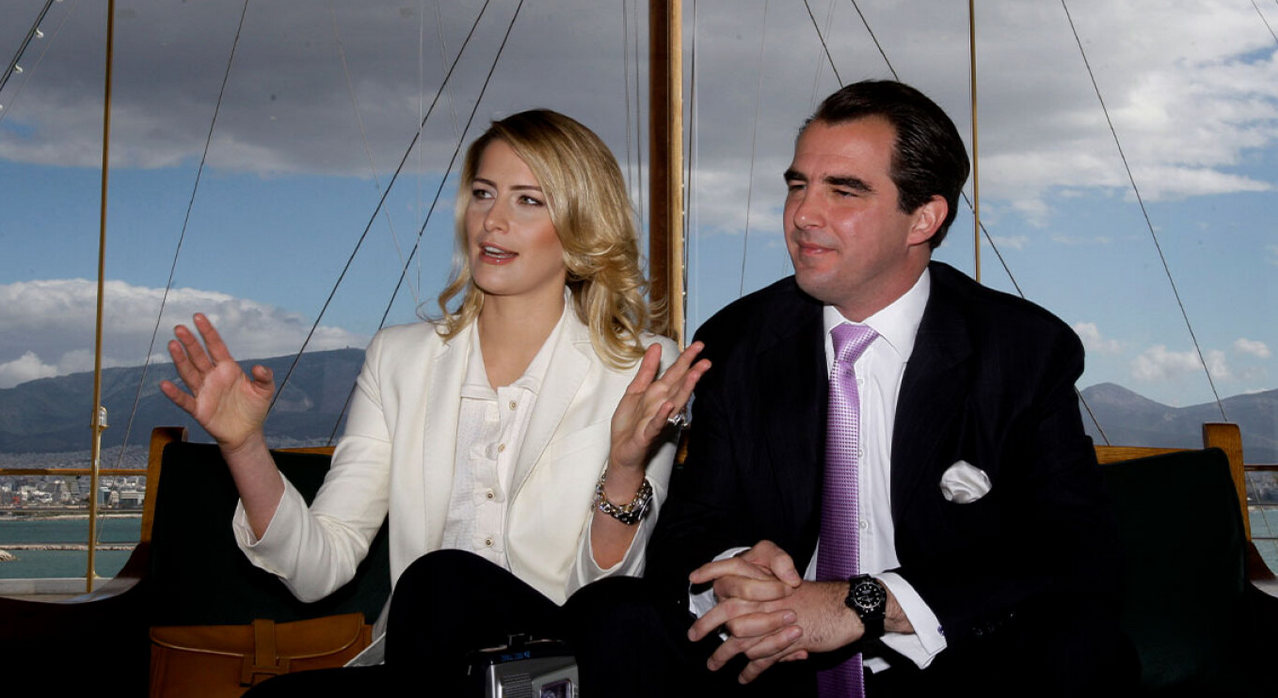In an interview to Skai TV on Thursday night, Greek PM Alexis Tsipras appeared to adopt a wiser, more realistic approach to the policies needed to lead Greece out of the current crisis. The ‘new’ Tsipras seemed to echo much of his political rivals’ rhetoric, leaving behind the familiar combatant, with often delusional ideas, politician of yesteryear. He acknowledged that there was a huge difference between making promises as a leader of a major opposition party and actually making decisions for the lives of millions of people. He stressed that much of what his party had promised before it came to power could not be realised, while he added that transitioning to ‘normalcy’ would not be a sudden process but a would come about gradually. On how he dealt with all the problems facing Greece, as the head of state, Tsipras said: ‘I feel like a tennis player with balls coming to him from everywhere and I had to hit them’. Tsipras clearly recognised the need for more investments in Greece and the need for political stability in the country, sounding more and more like his predecessors he was constantly blasting as opposition leader. The Greek PM was apologetic about the cost of the negotiations in 2015 and the delay of the first review in 2016, and admitted that some portions in the Greek society would bear the brunt of the crisis. Responding to the revelations by former Finance Minster Yianis Varoufakis and economist James Galbraith that he had ordered the hammering out of a Plan B, he admitted that he indeed did order for an alternative plan in the event Greece’s creditors expelled the country from the common currency. He disclosed that he was considering intruding the election of the Greek President directly by the Greek electorate, while he made a political opening to opposition party, New Democracy’s faction loyal to former PM Kostas Karamanlis. Tsipras defended his government’s approach on the matter of TV licenses, insisting the coalition government was not involved in any conflict of interest or manipulating the media. Tsipras revealed the German Finance Minister Wolfgang Schauble had prepared a ‘humiliating deal’ during negotiations in 2015, adding that Chancellor Merkel was not aware of Schauble’s plan for Greece. He went on to stress that the new memorandum his government signed with the lenders was better than the plan rejected in the 2015 referendum by the Greek people, as it ensured the funding of the country for the next three years. Tsipras admitted that even though the agreement his government signed with its creditors offered hope for optimism, more sacrifices would be needed.
Tsipras admits there was a ‘Plan B’, but denies he discussed a ‘Grexit’
Thoughts for direct election of President by people





































